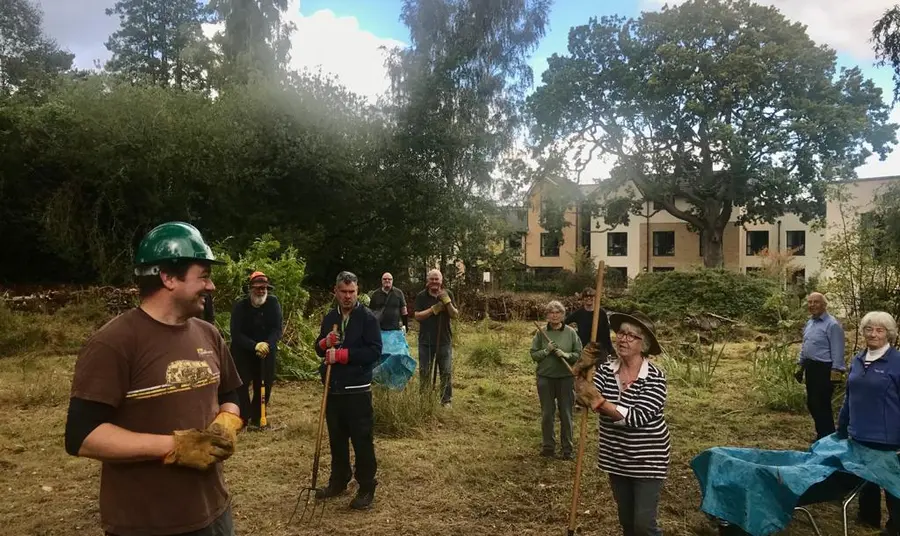
Projects
The Wilderness: Saving nature’s heritage to improve wellbeing
Despite challenges during the pandemic, The Wilderness project shows how older people’s wellbeing can be improved by actively restoring and engaging with natural heritage.
Heritage can be anything from the past that you value and want to pass on to future generations.
Explore some of the inspiring projects we’ve funded and help inform your own application.
Filter by location and heritage type to:
For all supported projects, please use our general search engine.

Projects
Despite challenges during the pandemic, The Wilderness project shows how older people’s wellbeing can be improved by actively restoring and engaging with natural heritage.

Projects
The University of Leicester provides opportunities for children to explore and think about British imperial history at National Trust Houses.
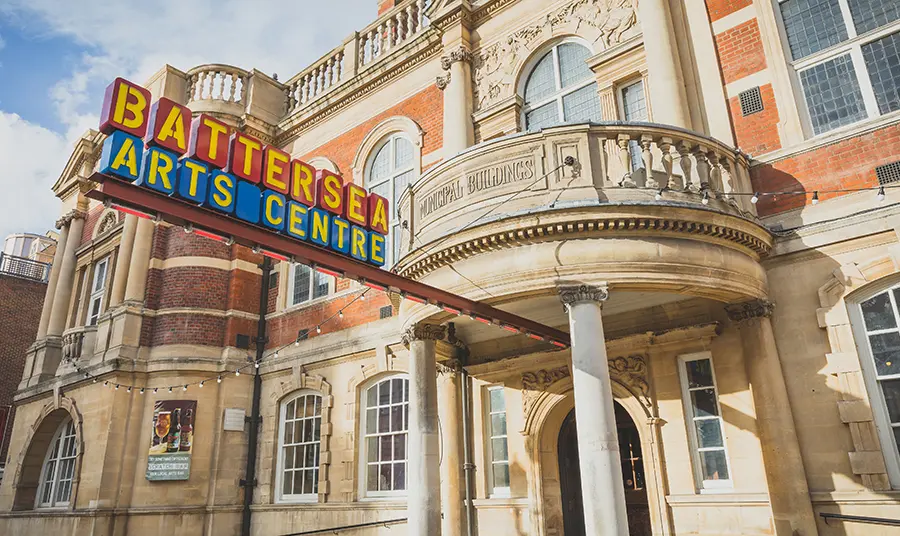
Projects
The Black Heroes Foundation staged a short play at Battersea Arts Centre about John Archer, the first Black Mayor of London, elected in 1913.
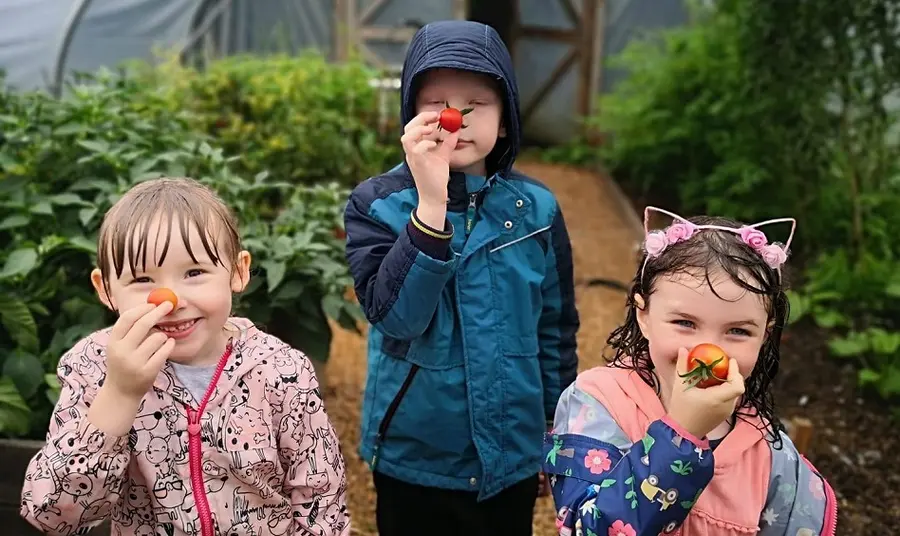
Projects
A derelict site in Cynon Valley has been transformed into a community garden full of people, nature and wildlife – and is now the perfect place for boosting mental health.

Projects
Staff, volunteers and participants on the Pollinating the Peak project are gaining a wellbeing boost from caring for bumblebees.
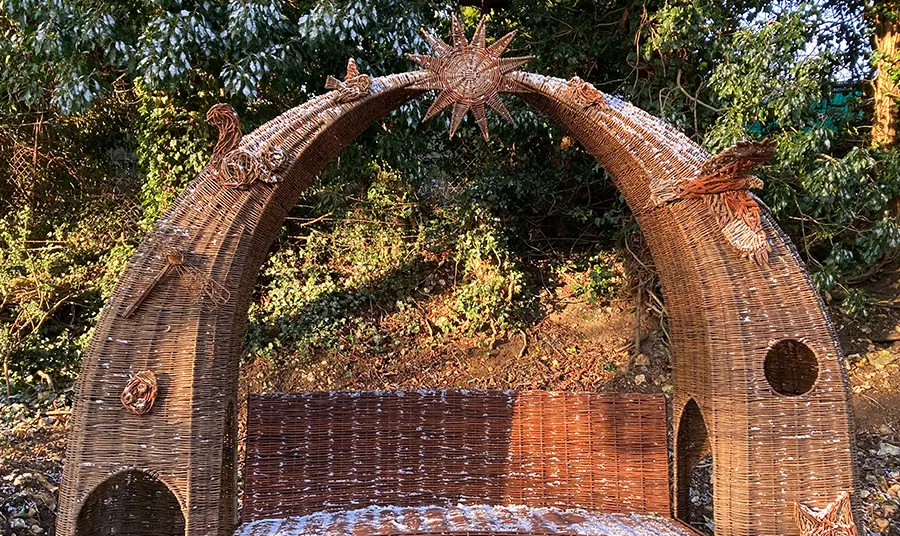
Projects
Rectory Lane Cemetery was transformed from a neglected 'dead space' into a vibrant community space and wildlife haven.

Projects
Running from March to September 2022, the £12million festival featured hundreds of artistic commissions, engaging a local and national audience with Birmingham’s cultural heritage.
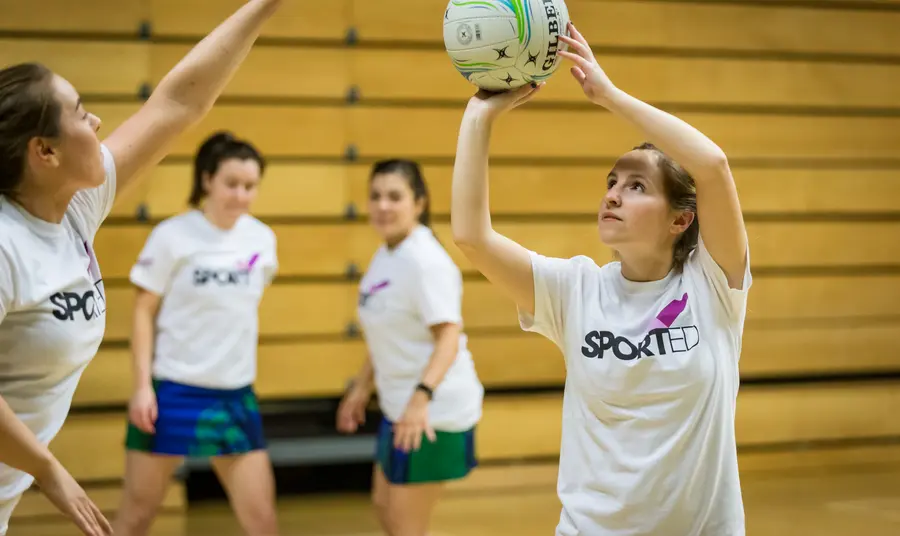
Projects
Sported Foundation were awarded a £24,861 National Lottery grant to explore the history of sport and how it plays a part in Northern Ireland's identity.
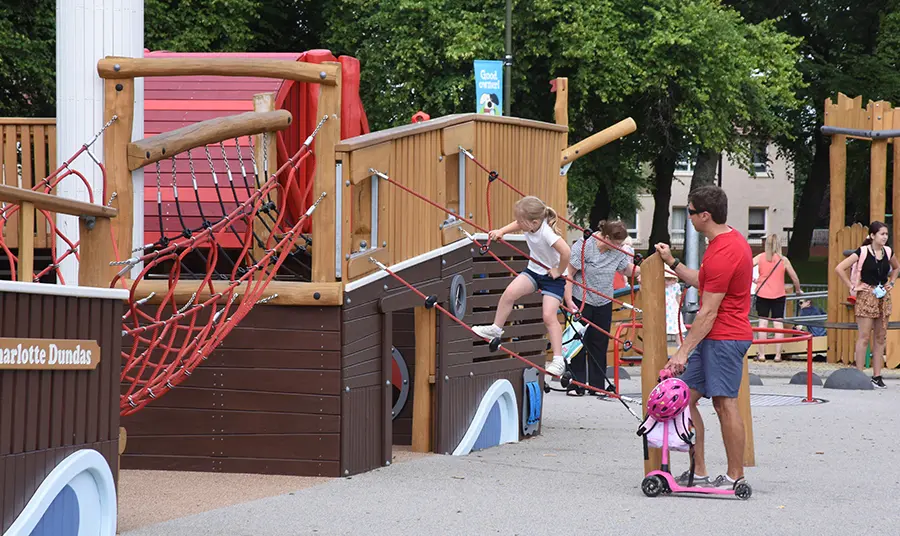
Projects
Historic park has seen a £1.12million boost from The National Lottery Heritage Fund in Scotland.

Projects
Volunteers with digital skills came to the aid of The Wildlife Trust of South and West Wales when people couldn’t visit Skomer Island during lockdown.

Projects
We have awarded more than £8million to this ground-breaking project that addresses climate change, carbon emissions, biodiversity loss and the mental health and wellbeing of young people.
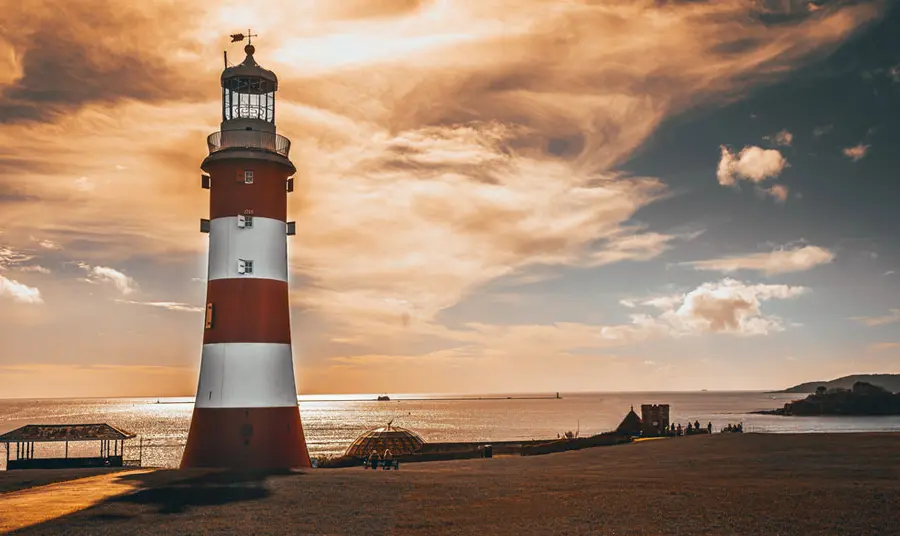
Projects
We've awarded £11.6million to help create the UK's first National Marine Park, revolutionising the way Plymouth interacts with its marine heritage.